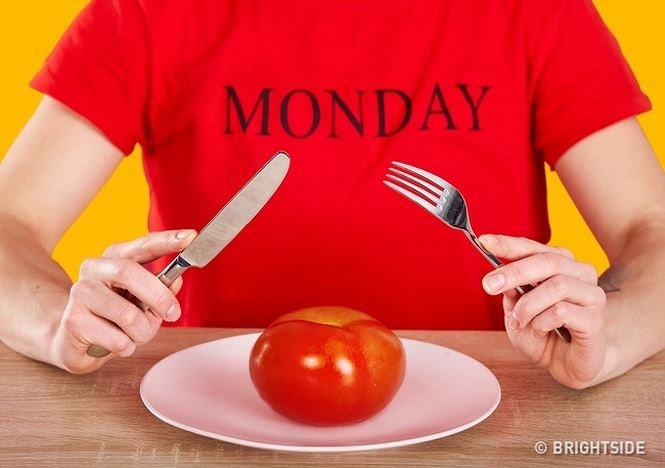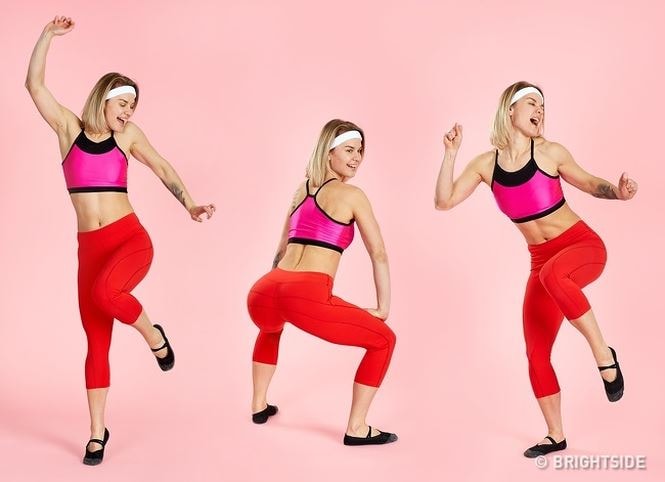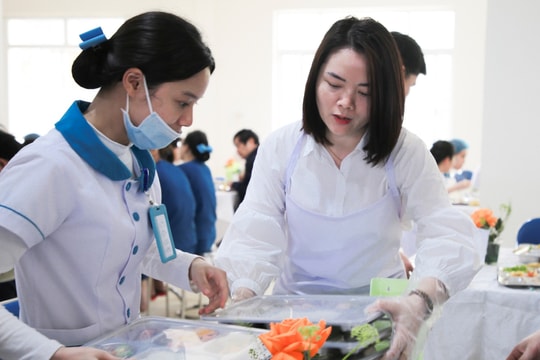Simple habits to help you live longer
Japanese researchers say people, especially those with high blood pressure, are at risk of heart attacks from sudden loud noises. What's more, loud noises negatively affect your nervous system.
1. The ideal time to sleep is from 10pm to 6am
Chinese doctors have created a comprehensive theoretical system explaining the recovery time of the body's organs and why we should go to sleep from 10pm to 6am if we want to live longer.
For example, the immune system, which fights viruses and eliminates toxins from the body, recovers between 9pm and 11pm. The liver actively recovers between 11pm and 1am, and the lungs are cleaned between 3am and 5am - that's why we may have a slight cough around this time. The intestines are cleaned early in the morning, between 5am and 7am.
2. Ignore public opinion
Scientists from the US say that ignoring the opinions of others can help a person live longer. When we think about the reactions of those around us, we are depressed, less spontaneous and more anxious.
These nuances lead to the fact that people become less happy. Scientists have proven that an unhappy person will have a shorter life.
3. Sunbathing
Sunlight provides us with vitamin D. Not only does it help fight depression – which is often the cause of illness – it also reduces the risk of diabetes.
In a large study conducted in 2016, biochemists showed that people who regularly sunbathe for more than an hour a day are 67% less likely to develop any type of cancer than people who don't spend time in the sun.
4. Brush your teeth less
If you are one of those people who like to shower regularly, you might want to think again. Doctors from the Cranley Clinic (London) have proven that soap is not suitable when combined with hot water, which removes the skin's protective layer. In the long term, this causes the skin to dry out and cannot protect the body.
Dentists say the same thing: Brushing too often and using mouthwash can damage tooth enamel. This is especially true if you brush right after a meal, as many products soften the enamel, making teeth more vulnerable to damage.
5. Eat lots of tomatoes
American scientists from Tufts University in Boston conducted an 11-year study to conclude this content. They compared the health status of 5,000 participants with the food they consumed and came to the conclusion that: It is possible to reduce the risk of developing cardiovascular disease by up to 26% by adding tomatoes to the diet.

According to experts, it's because of an antioxidant found in tomatoes called lycopene. It's what gives tomatoes their red color. Adding a slice of tomato to your morning sandwich could have a number of benefits.
6. Don't use an alarm clock
This is especially true if it rings loudly. Also, get rid of kettles with whistles, timers, alarms, and other types of noisemakers.
Japanese researchers say that people, especially those with high blood pressure, are at risk of heart attacks from sudden loud noises. Moreover, such loud noises negatively affect your nervous system.
7. Eat bread crust
German biochemists from the Institute of Human Nutrition and Food Science in Kiel recommend eating bread crusts. The crust's antioxidants prevent the development of colon cancer and are formed during the baking process to cleanse the body.
"We found that the crust had eight times more antioxidants than the rest of the loaf, which is why the crust has more health benefits," said research director Thomas Hoffman.
8. Don't touch cigarettes
We all know that breathing secondhand smoke is bad for your health. But the Centers for Disease Control and Prevention says it's not just being near a lit cigarette that's dangerous; touching it can be harmful, too.
When tobacco is grown, the buds naturally absorb radioactive elements used in agriculture such as polonium, lead-210 and radium. These elements stay inside the plant even when the leaves are dried and end up in the tobacco. Although the doses are very small, they can still enter the human body through contact.
9. Dancing

Scientists from France say that learning to dance is the best way to prolong one's life. They have shown that the ideal dance to help you live longer is salsa. It strengthens bones, improves lung and blood system function, and helps with asthma. Any fun and energetic dancing activity will do the trick. The key is to keep moving and stay in a state of euphoria.




